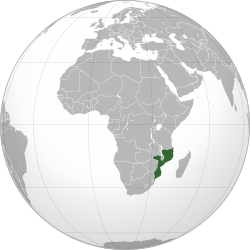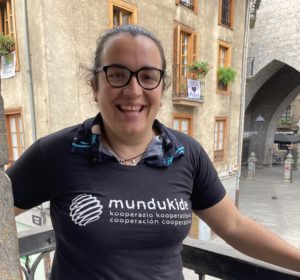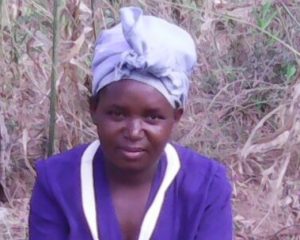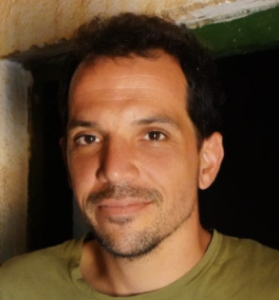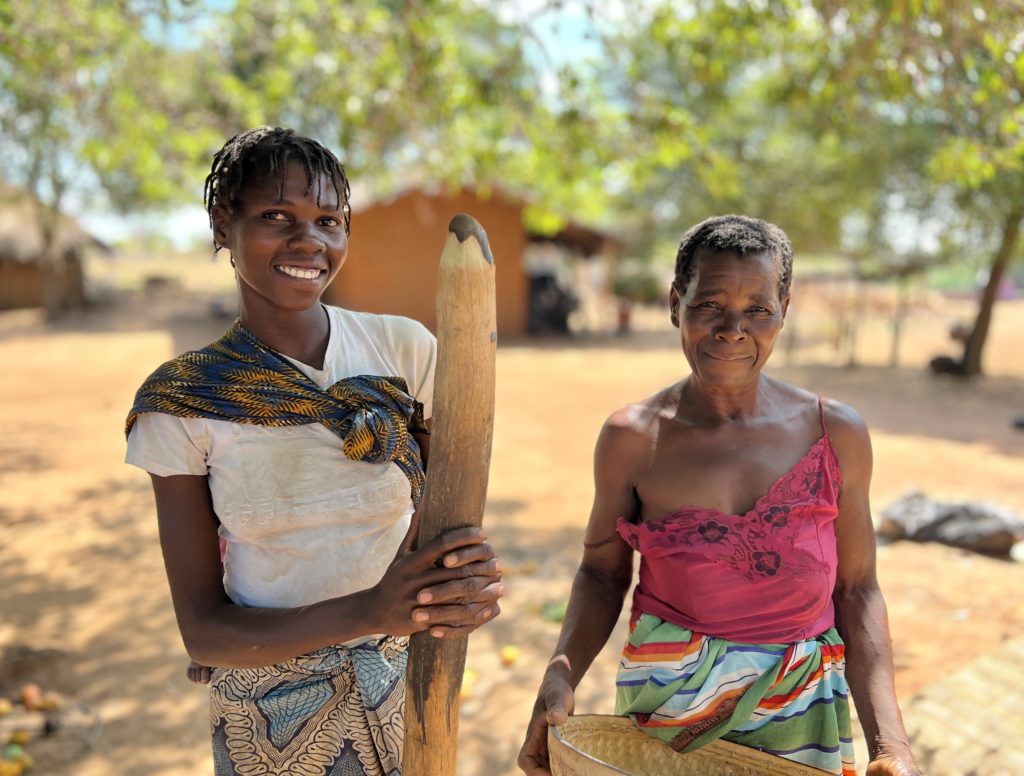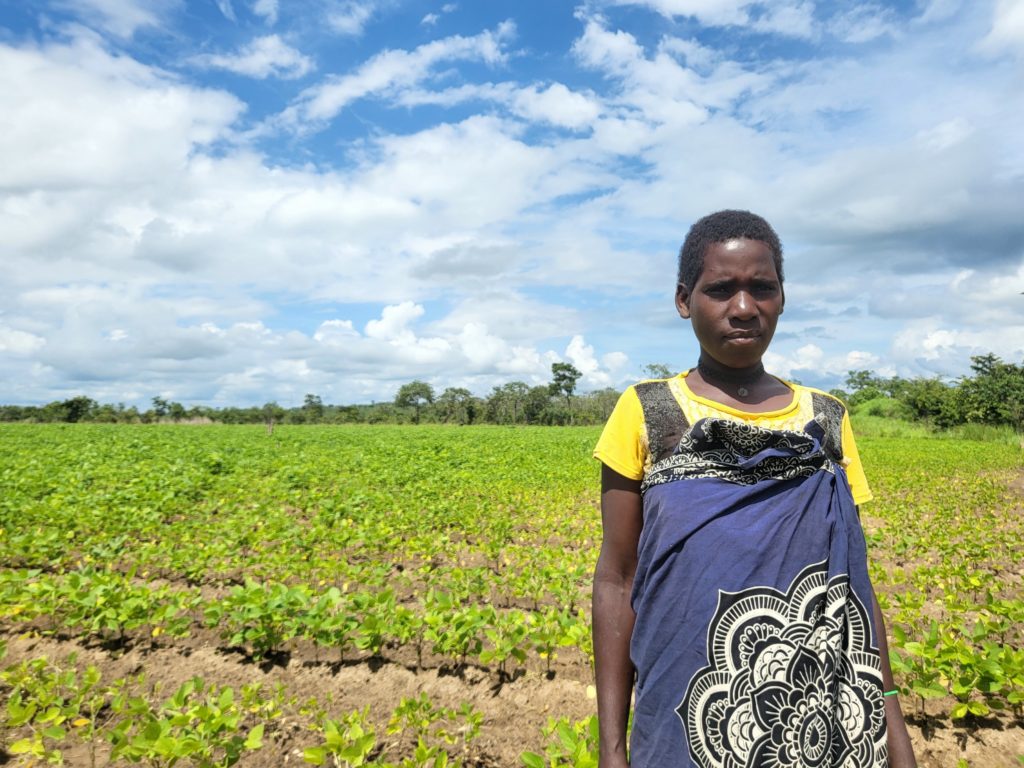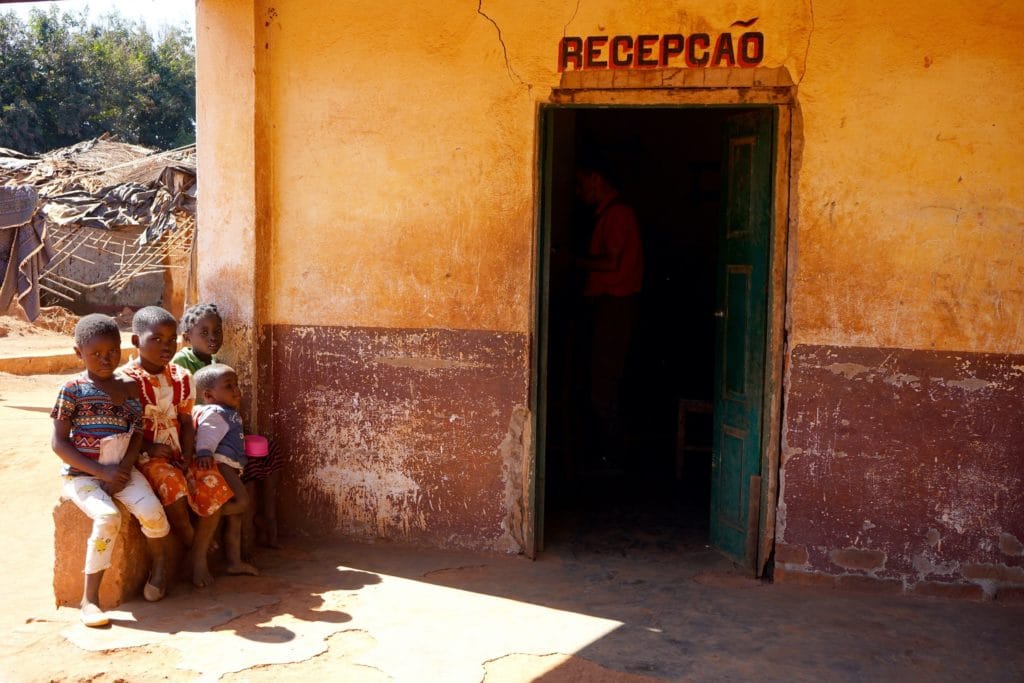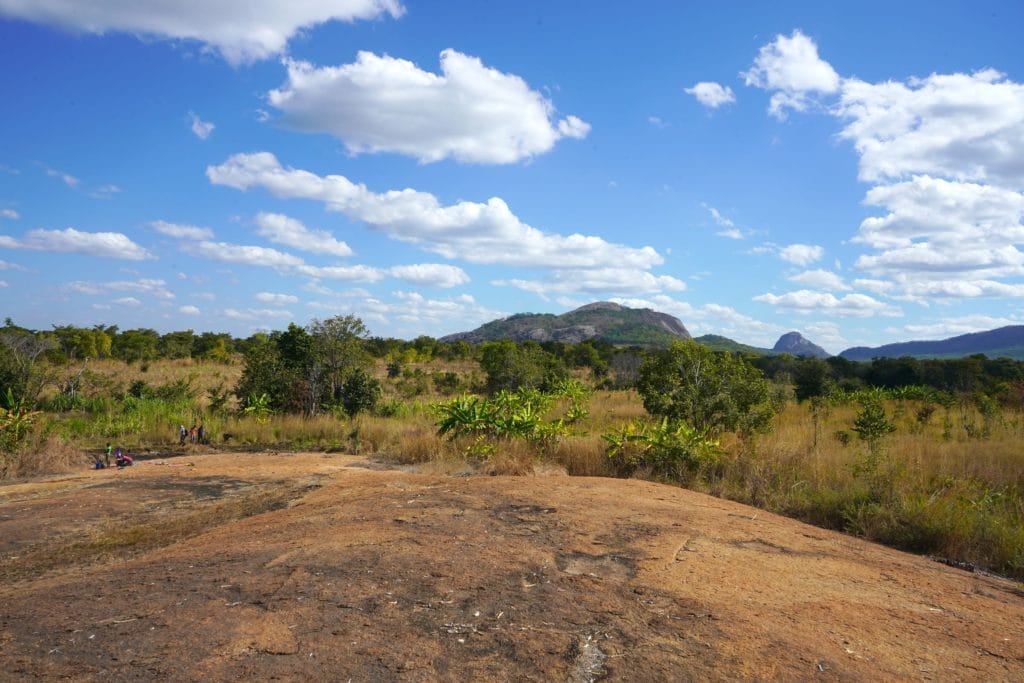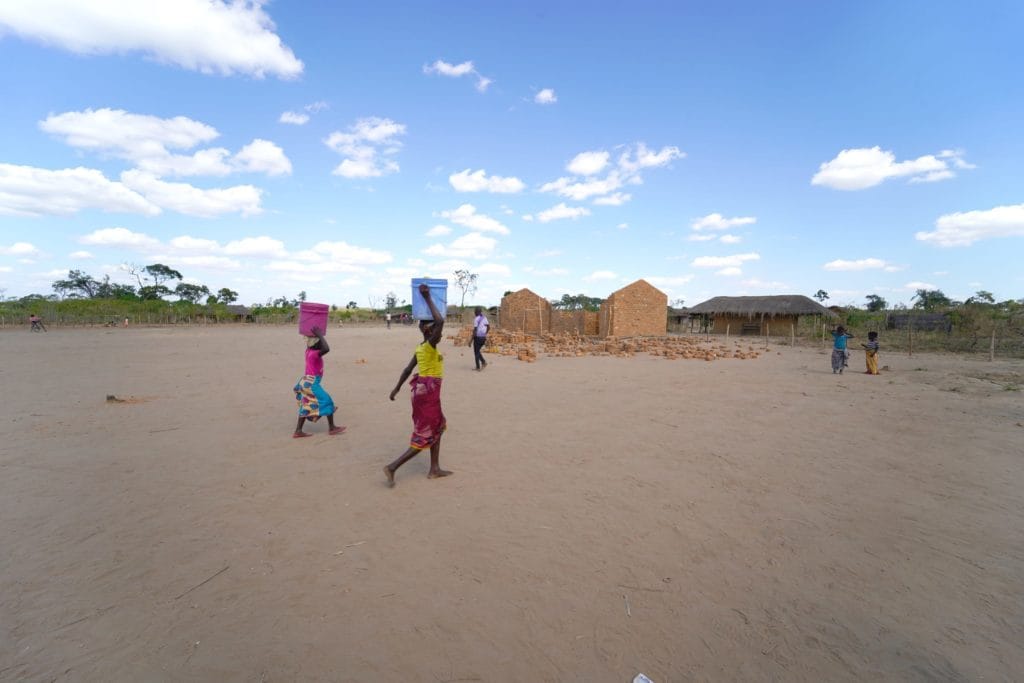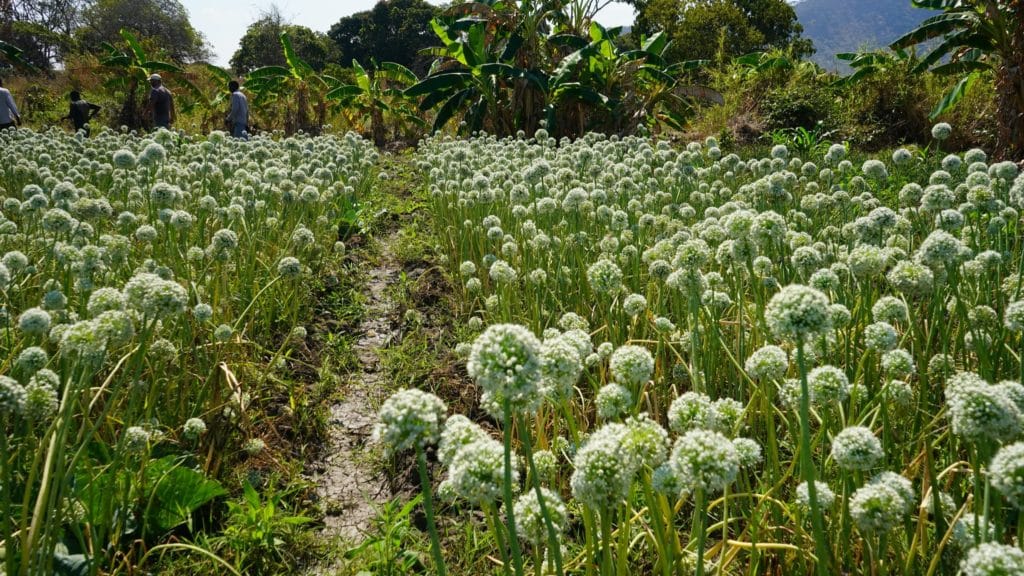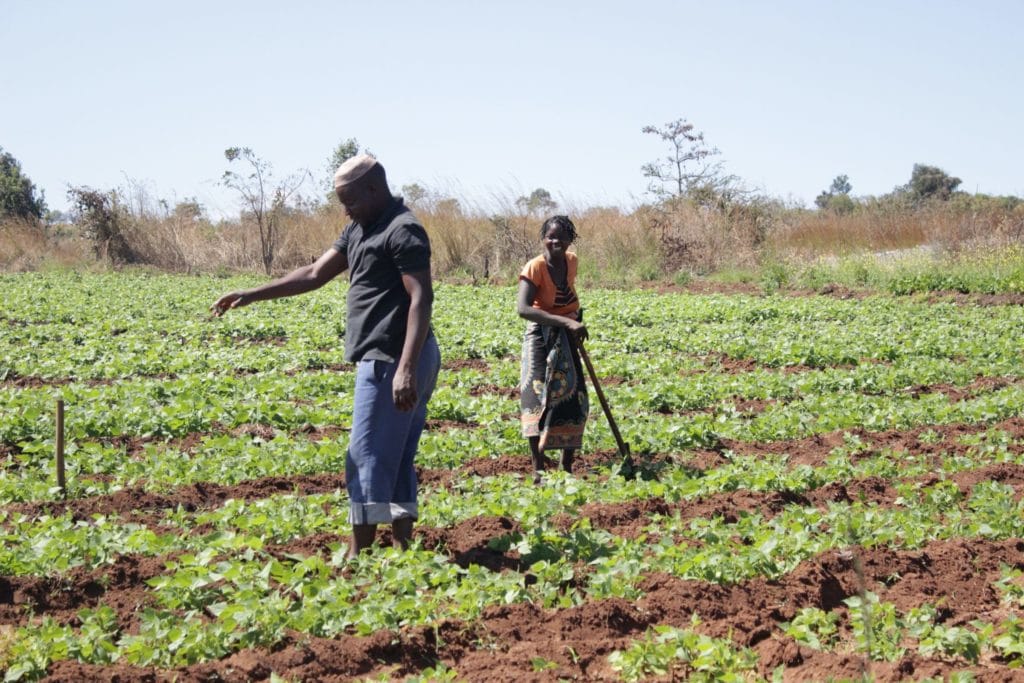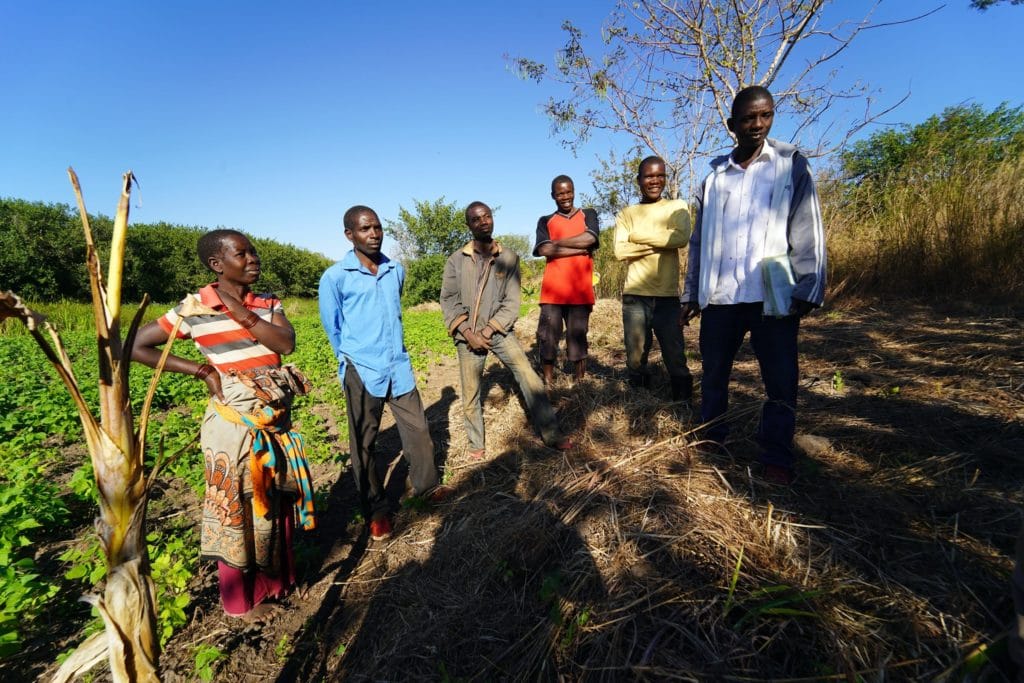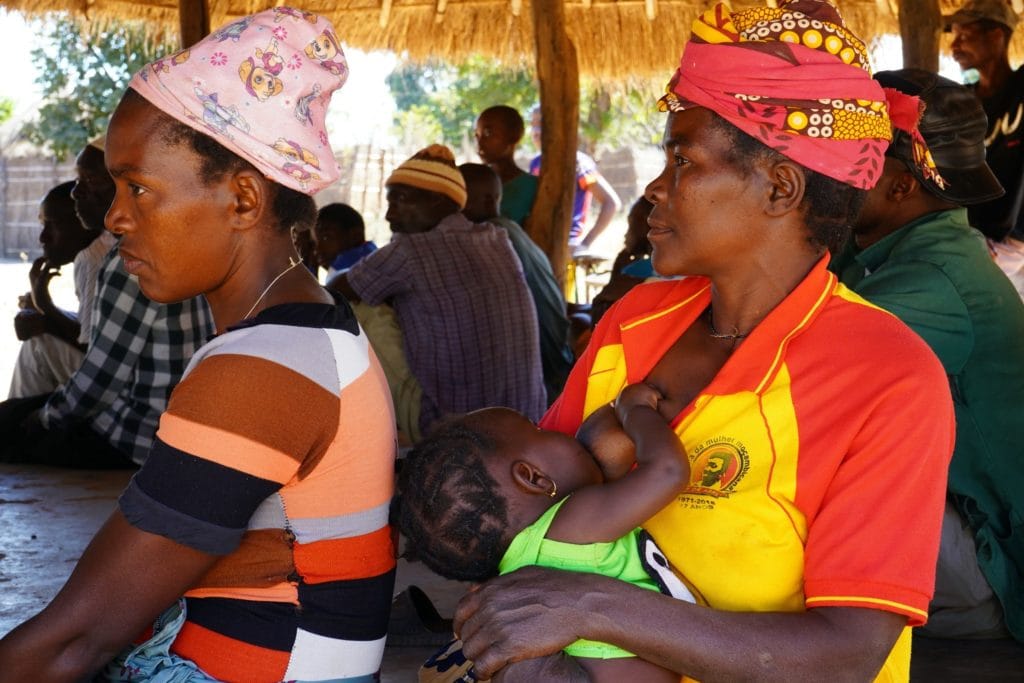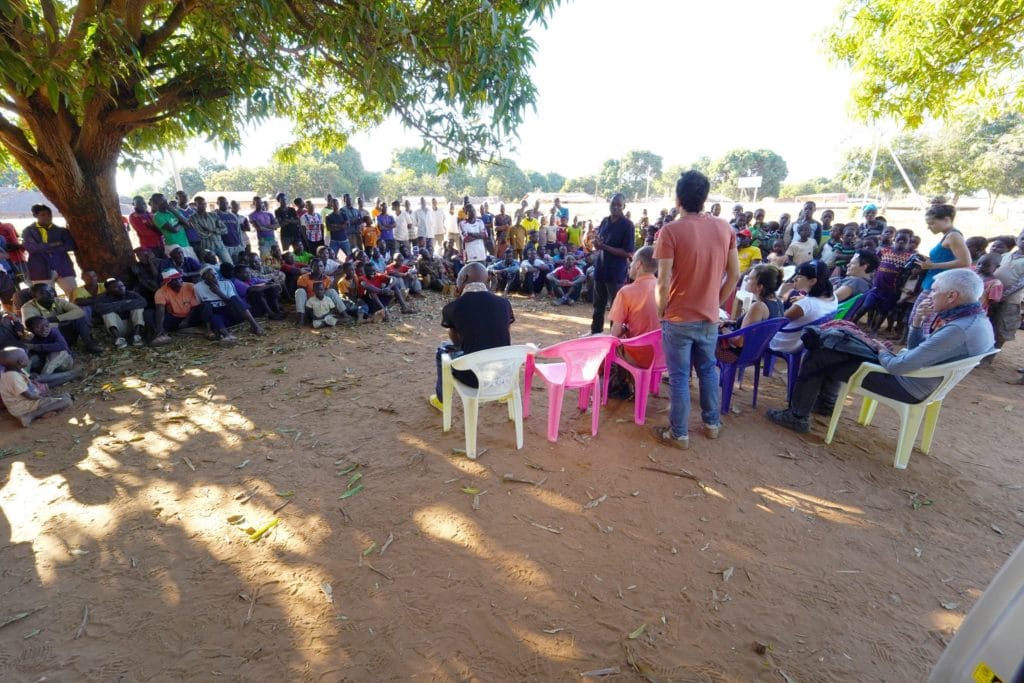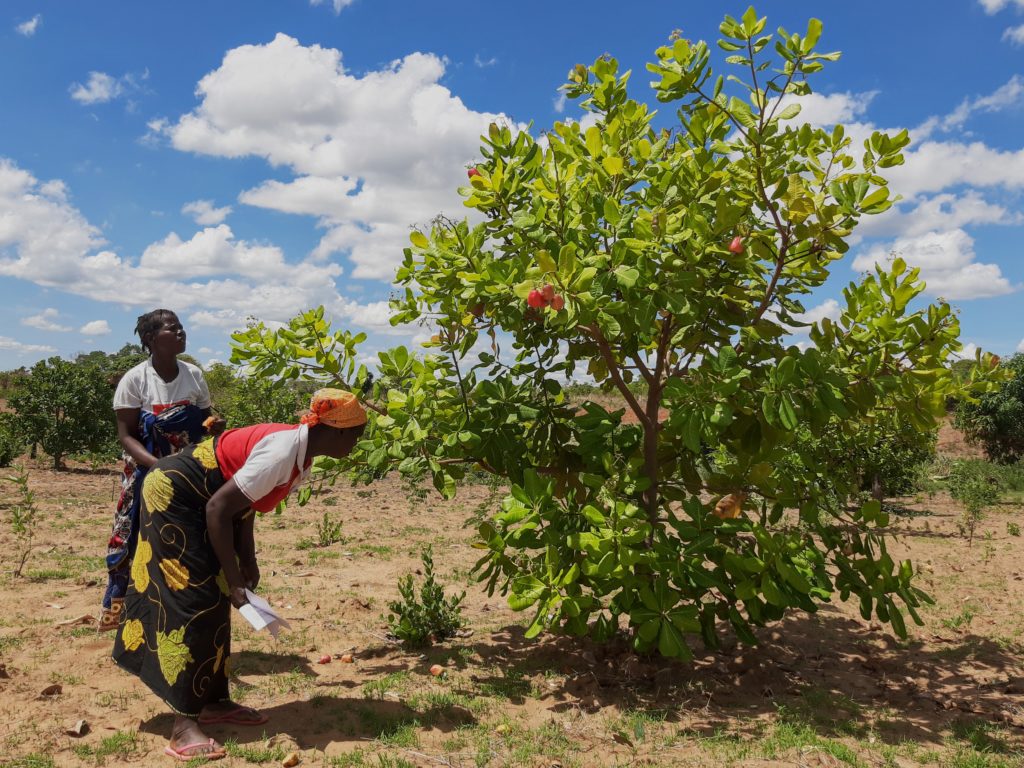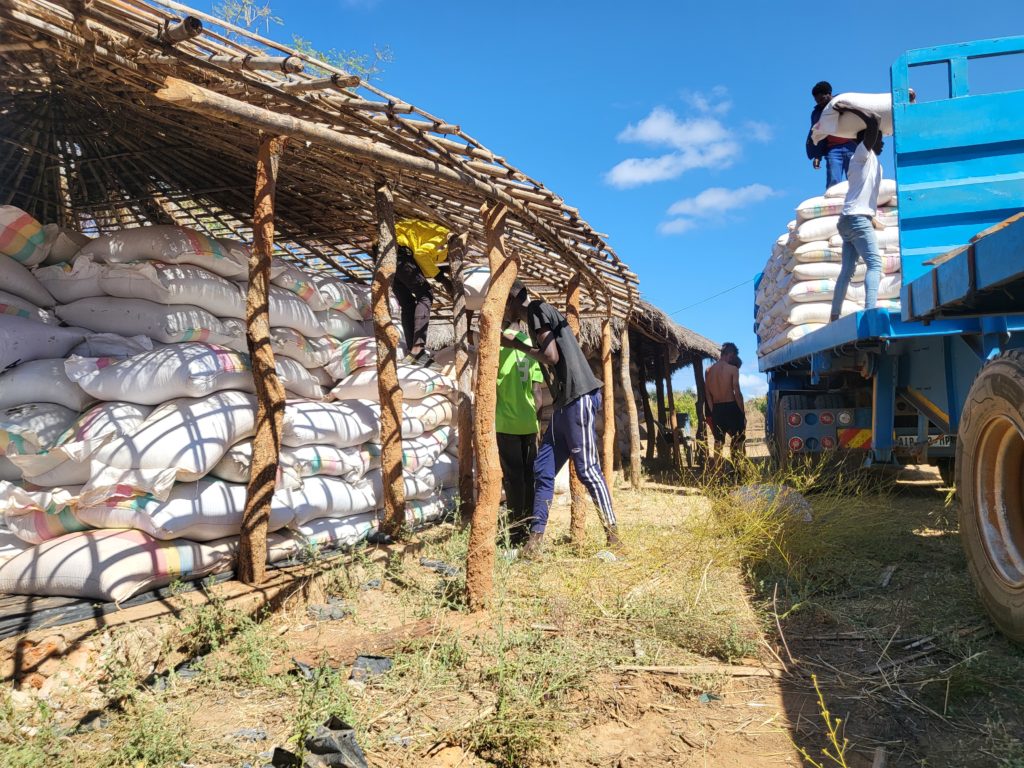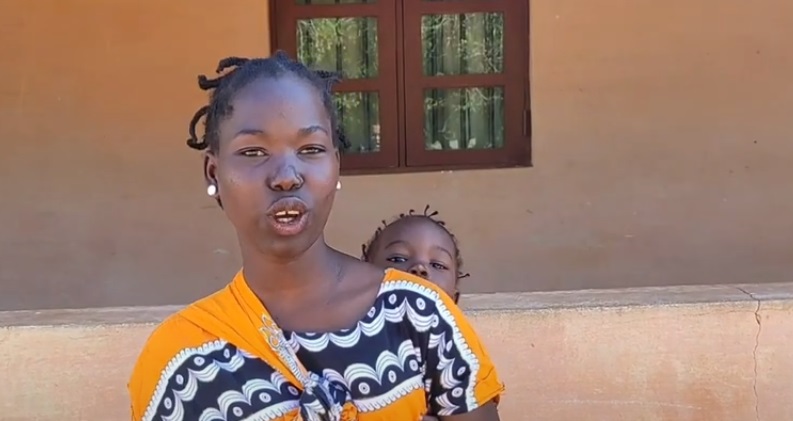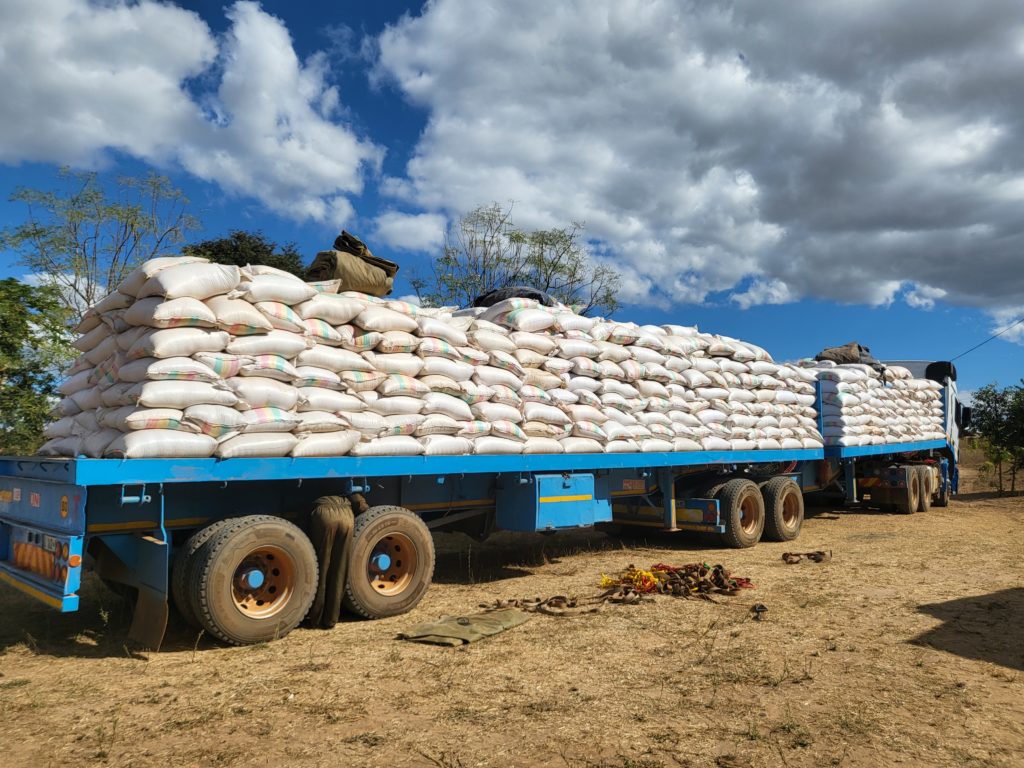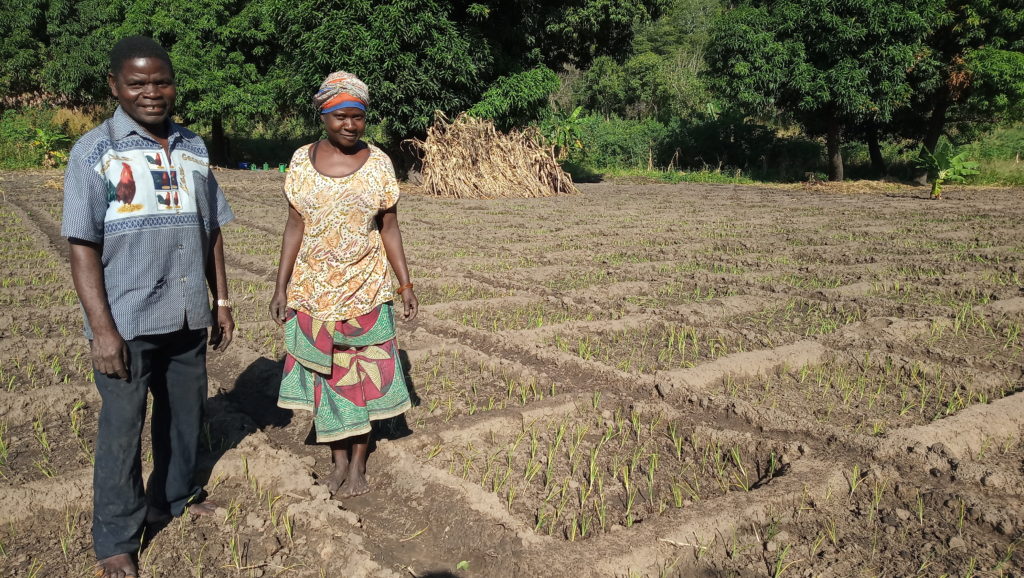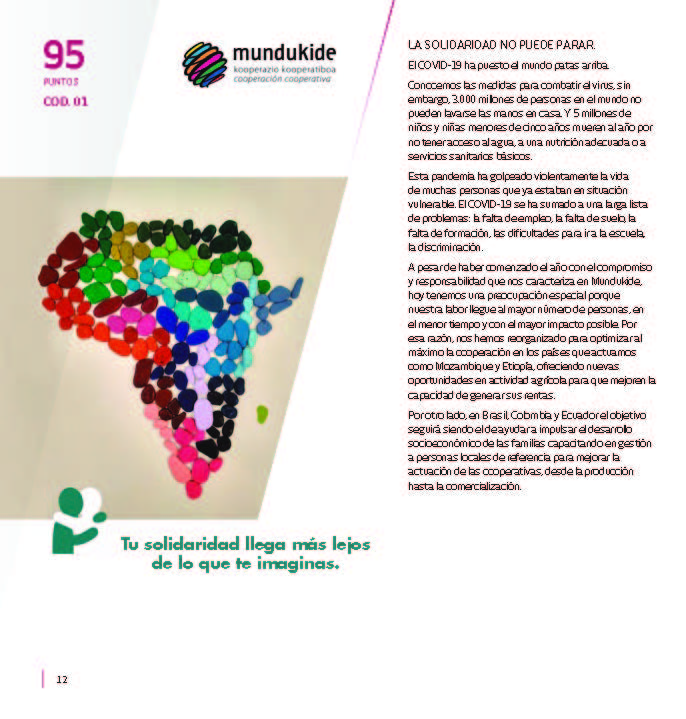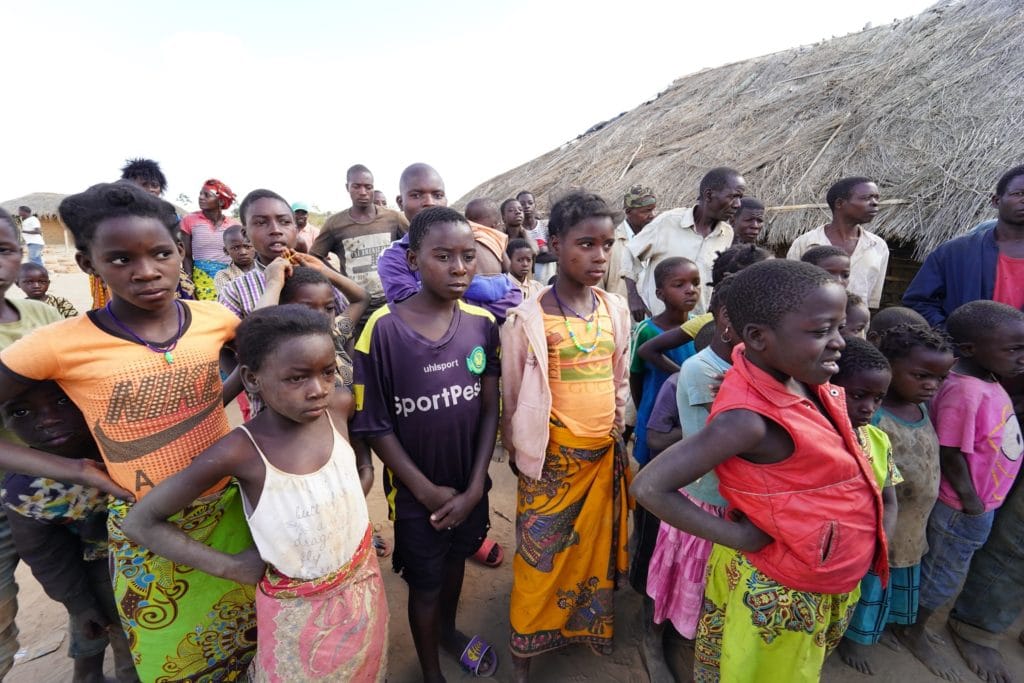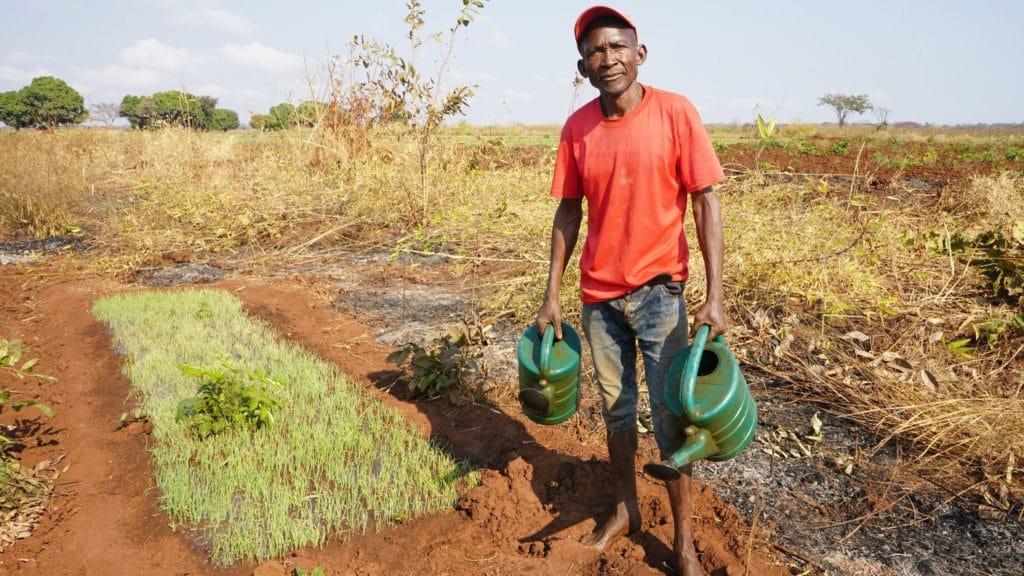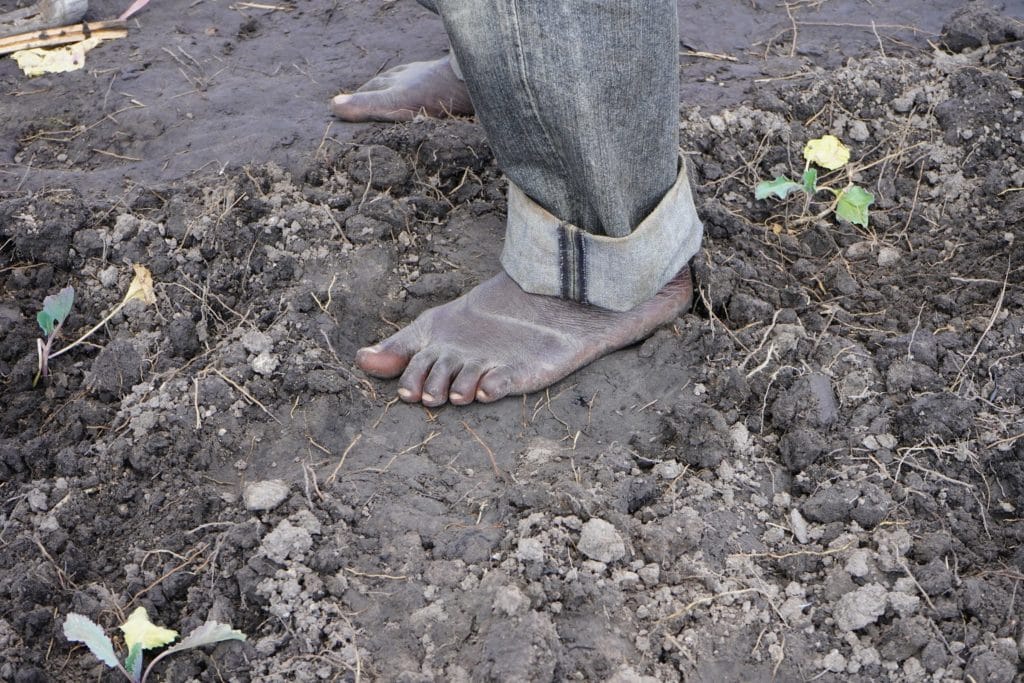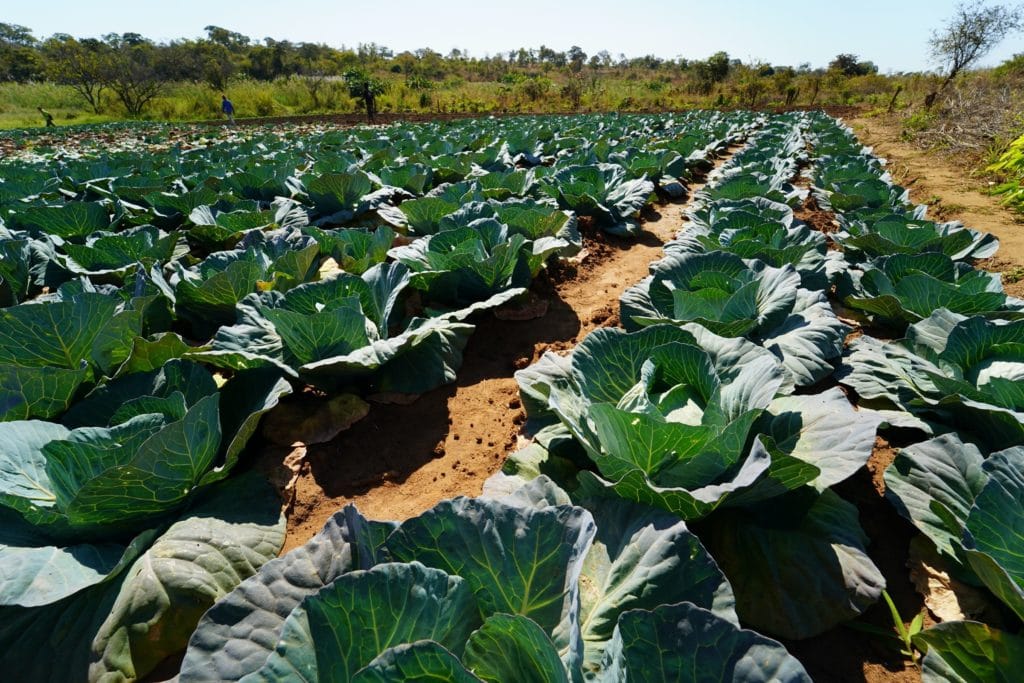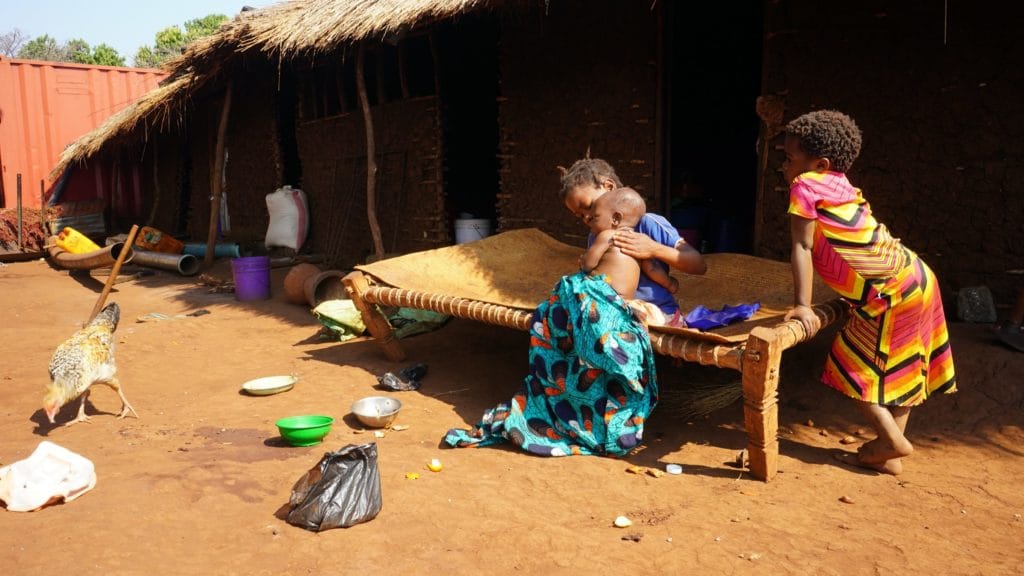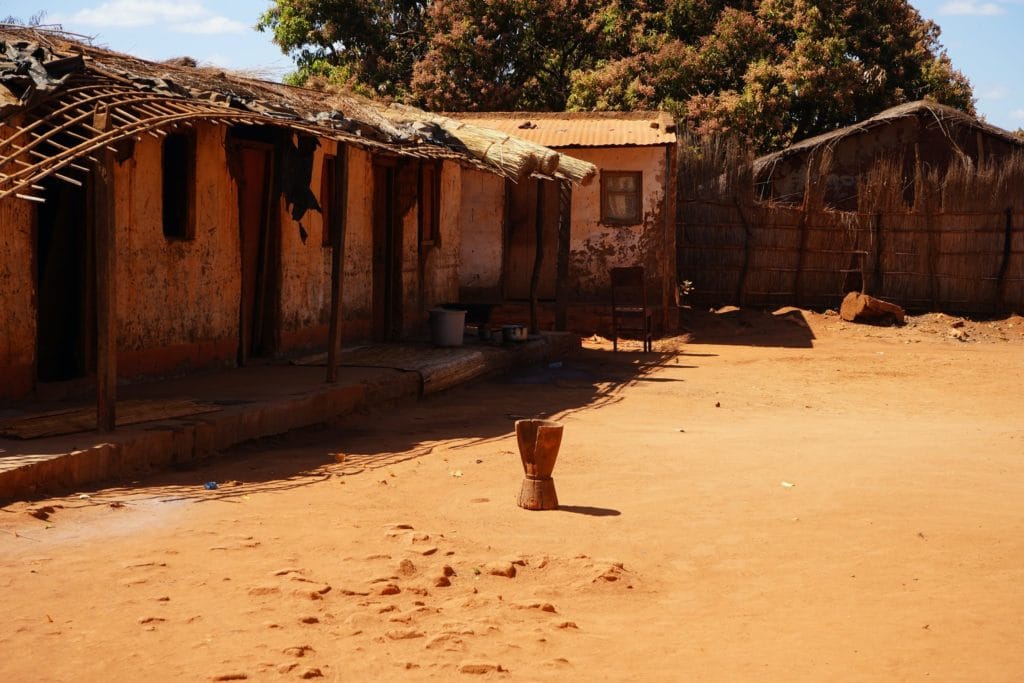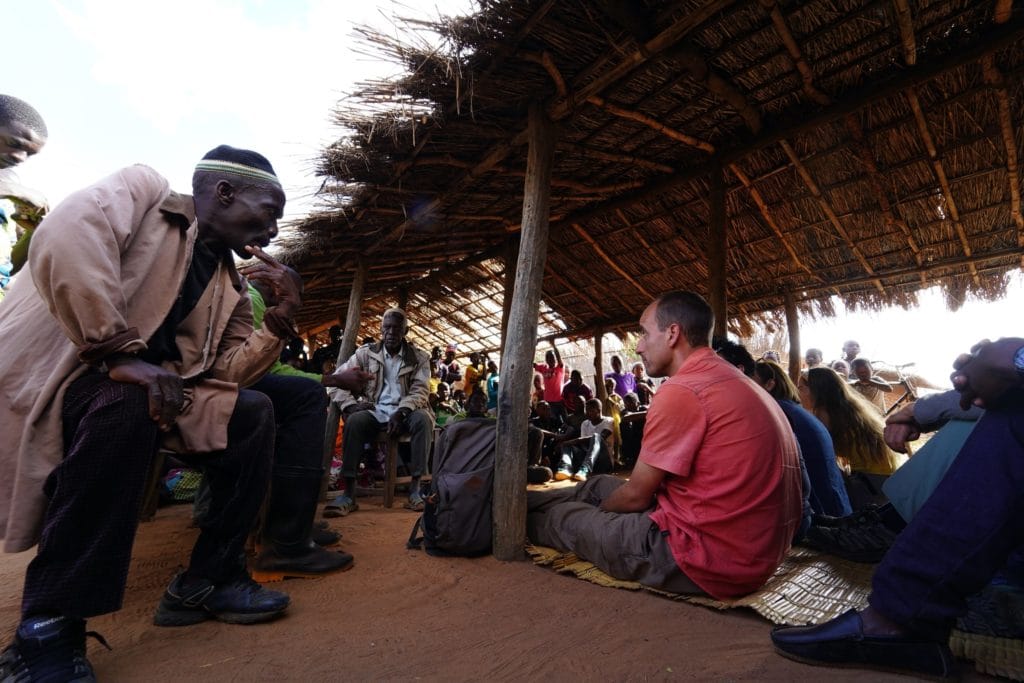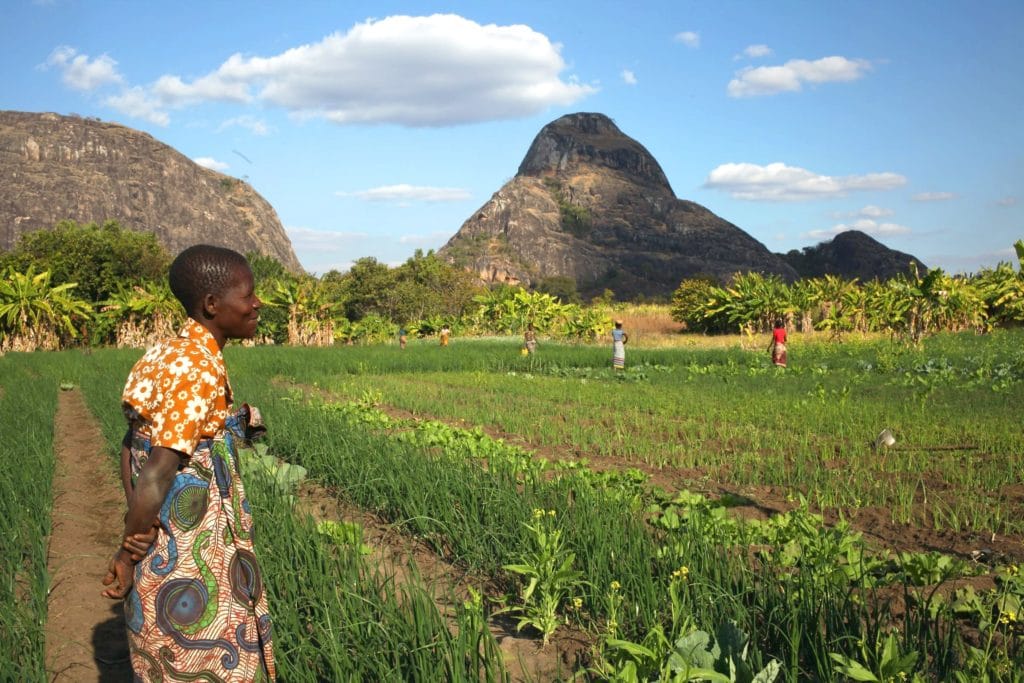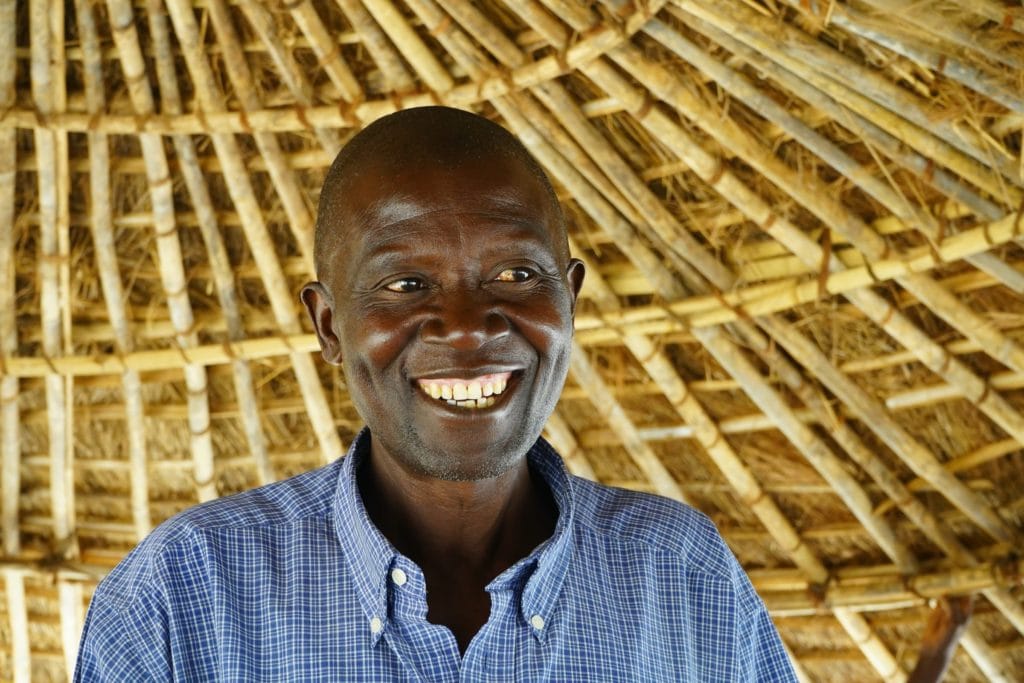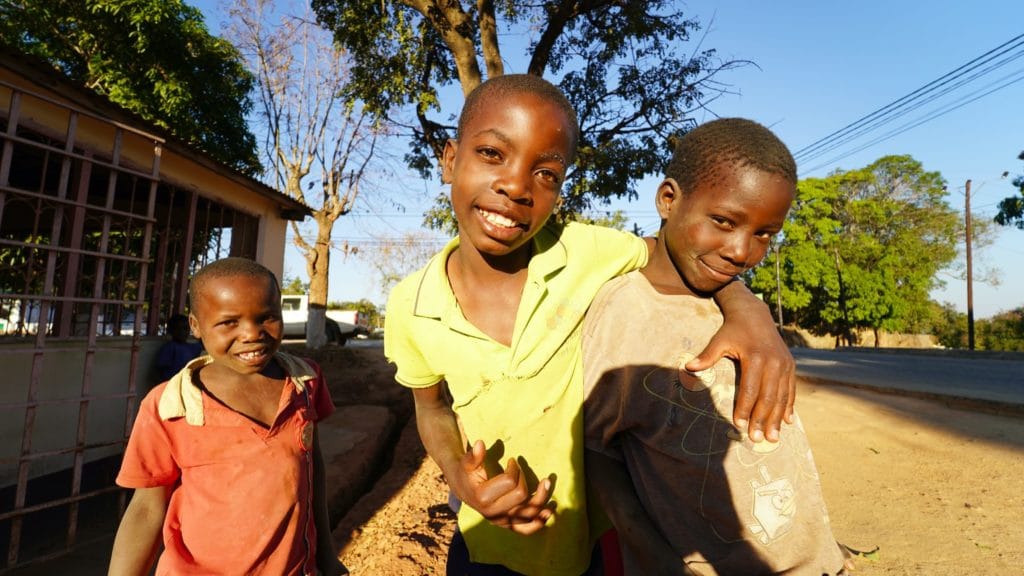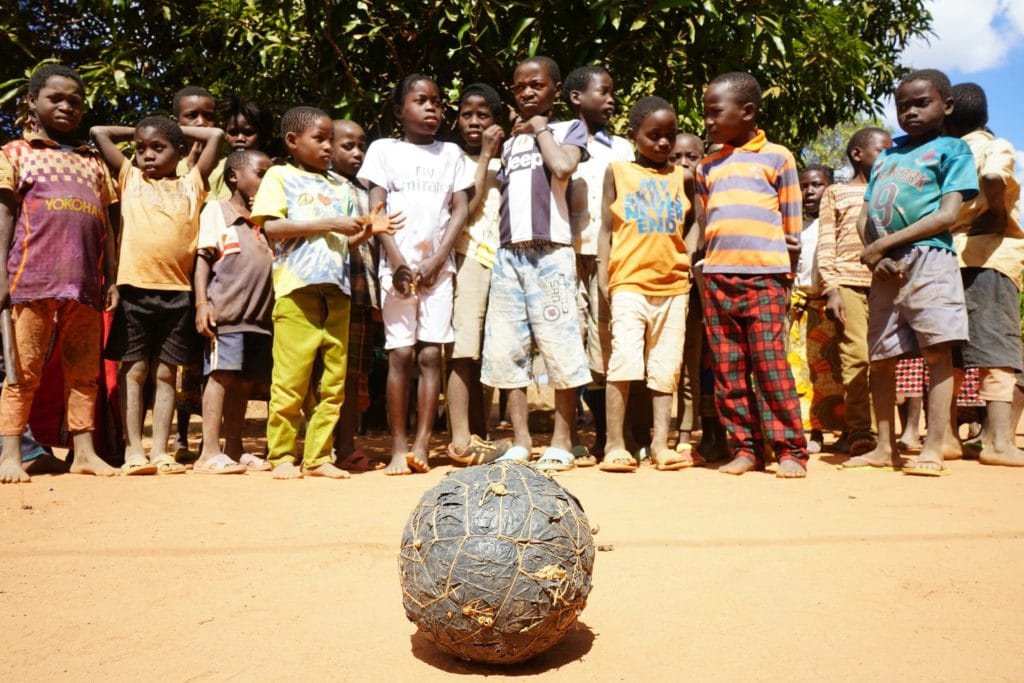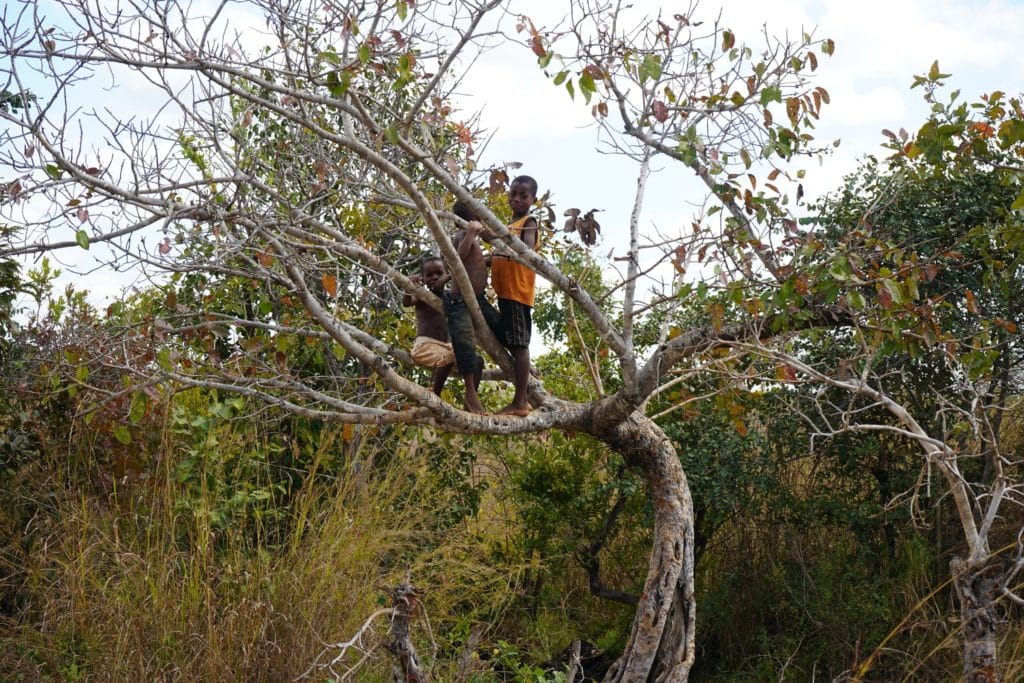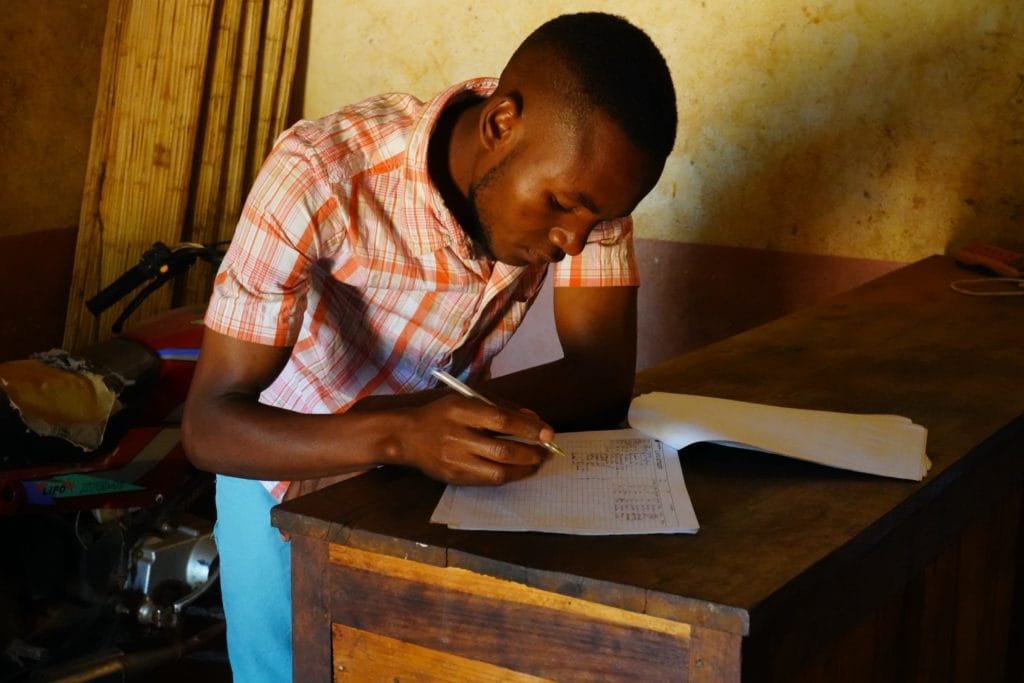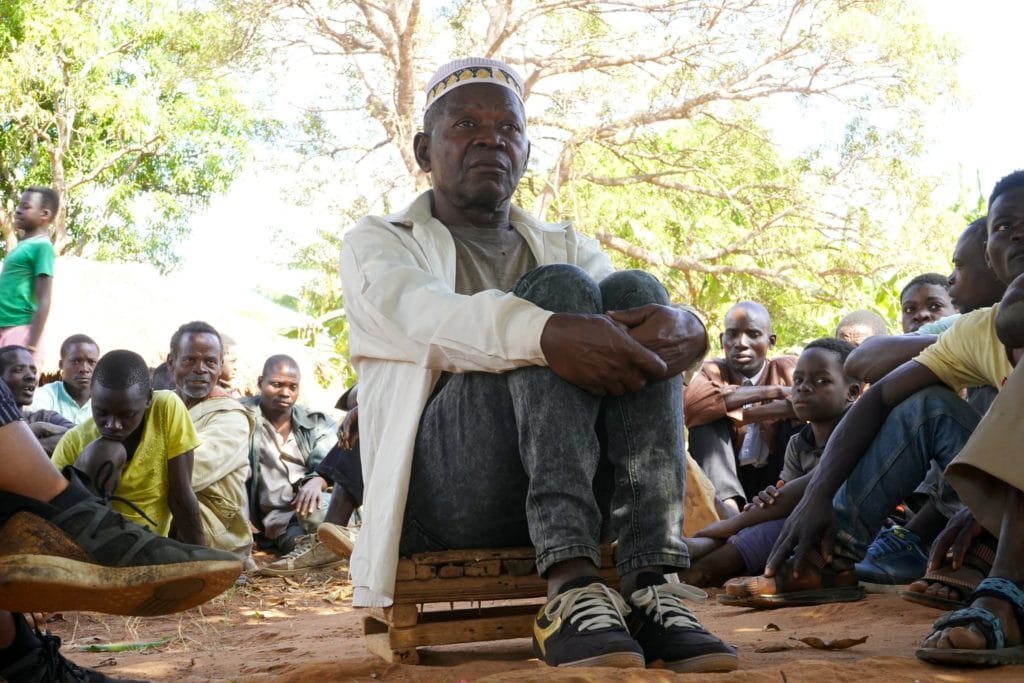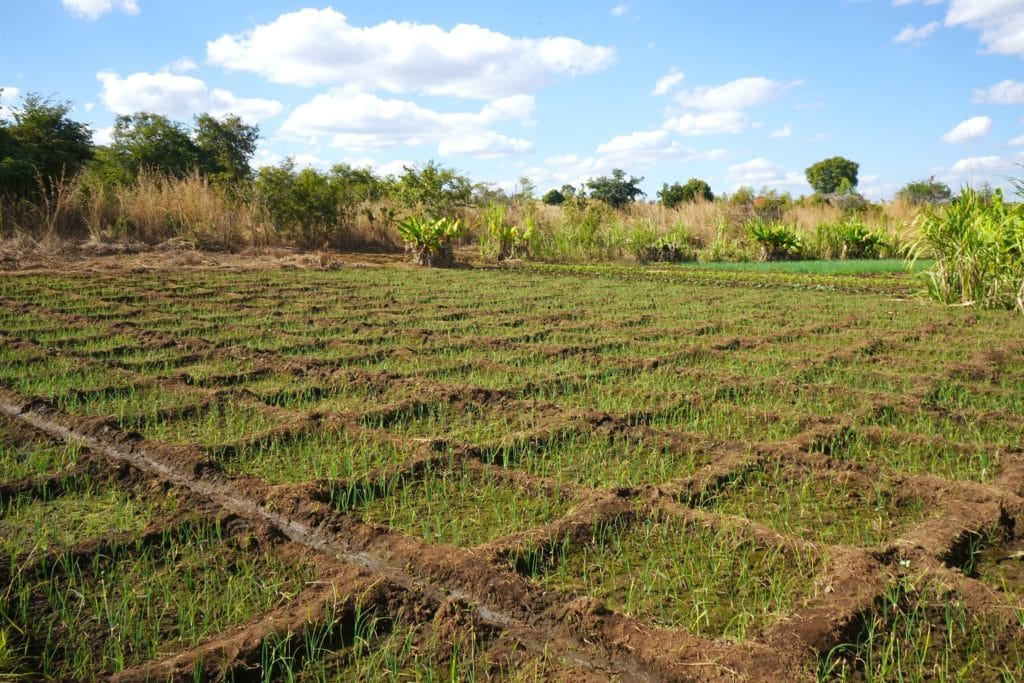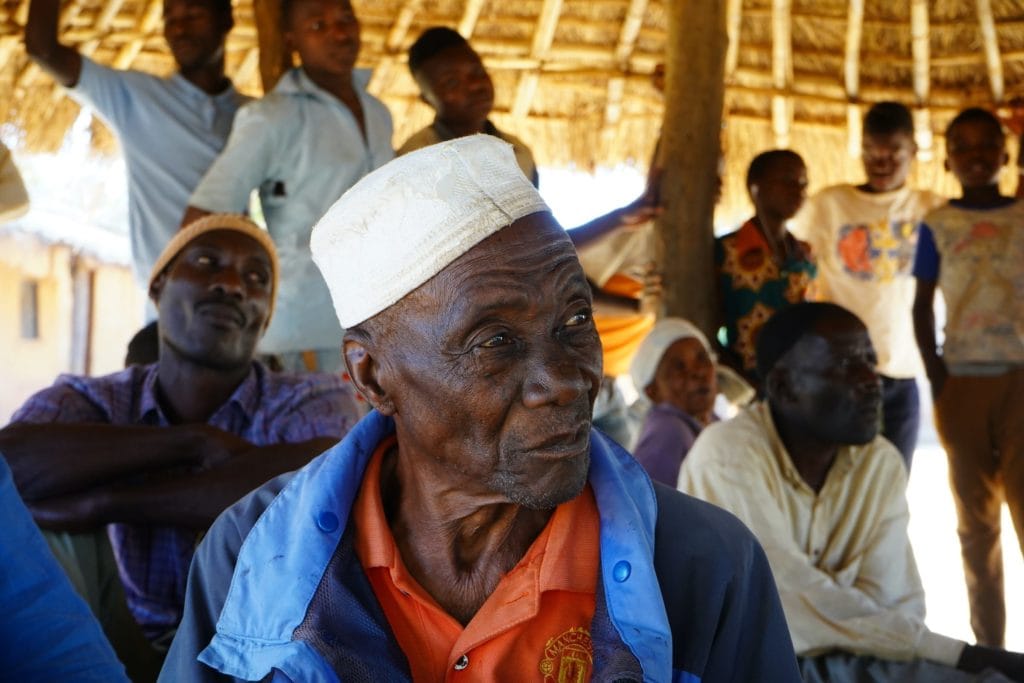Mozambique
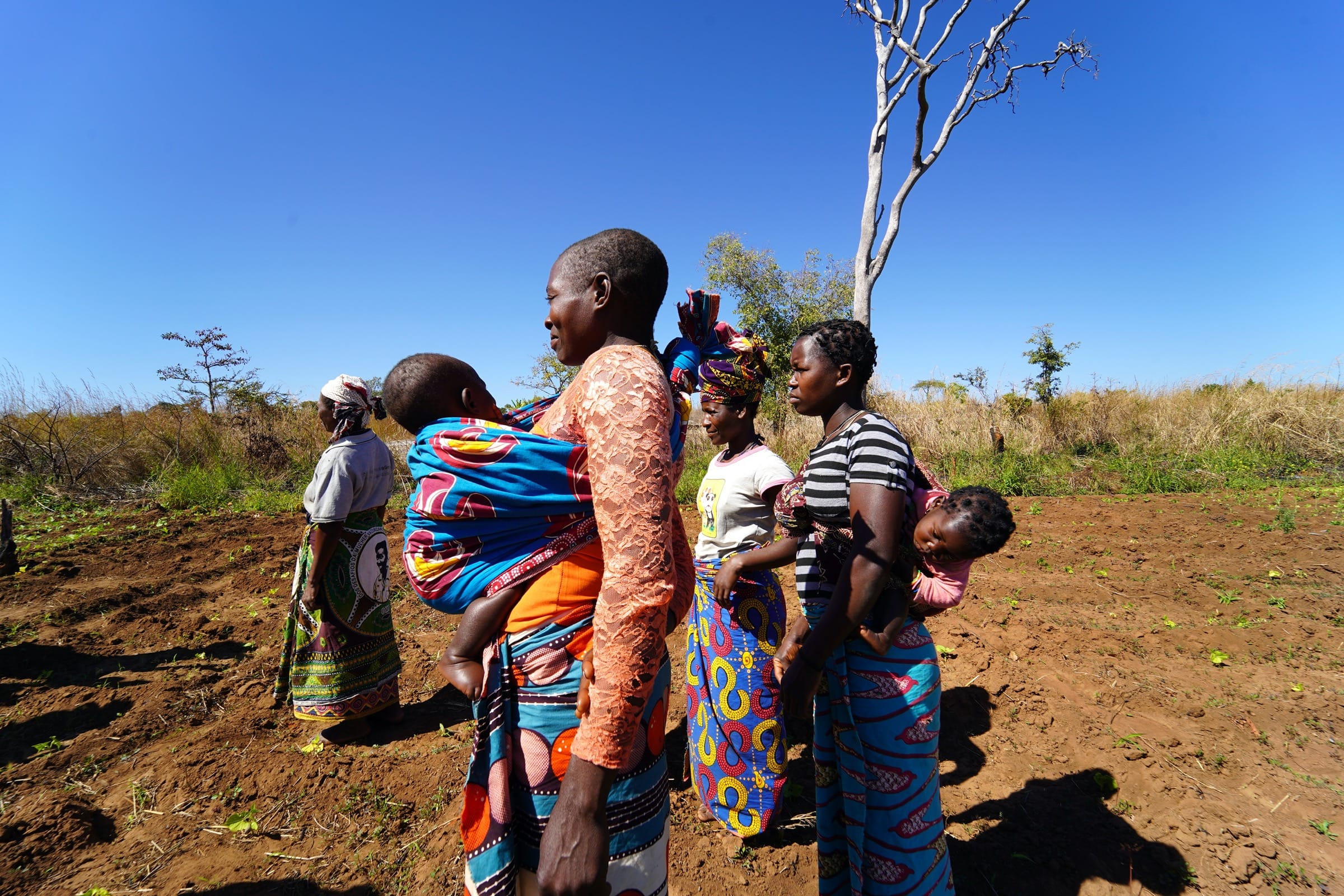
We work in Mozambique to increase the ability of the local population to generate income which contributes to equitable and sustainable development, enabling people to be autonomous and self-sufficient.
To increase the capacity of the local population in the Lichinga-Pemba corridor to generate income that contributes to equitable and sustainable development, enabling people to be autonomous, resilient and self-suffi cient.
Continue reading¡Cooperar merece la pena!
24 January 2025
-
58k
57,998 people benefited from our program in Mozambique, 51% of whom were women.
-
6M
More than 6,000 hectares under cultivation with an estimated value of more than 6 million euros.
-
+750
752 new irrigation systems were installed to irrigate 618 hectares.
-
199
Technical assistance with 199 instructors, 31 of whom were women.
Data from 2024. If you need more information, you can access reports and publications
Areas of activity
From Mundukide Fundazioa we began to collaborate in Mozambique, in the district of Marrupa, since 2002, with the objective of supporting the socio-economic development of the rural population.
In this period we identified the agricultural sector as one of those that could have the greatest impact on the improvement of the living conditions of the rural population and gradually the program was centered on agricultural development.
The long-term socio-economic development program seeks to contribute to overcoming the situation of widespread and deep poverty experienced by the rural population, which is surviving on average annual income of just 200 euros per year per family. Without potable water, with limited access to electricity, and serious deficiencies in nutrition and health.
Since we began our work, a very good collaborative environment has been generated both with peasants and local authorities and associations, with which in many cases we have gone hand in hand. Both the strategy and the methodology developed have the potential to help tens of thousands of peasants.
The program has been evolving, adapting to circumstances, and being constantly evaluated and analyzed. The results of all this work have been very positive:
- Very important annual increments of participants.
Transmission of techniques and knowledge to local communities.
More cultivated areas.
Extension of the production season by 4 to 8 months thanks to water systems.
Most products sold: sesame, tomato, gandul, col, mungo, onion, alubia, lechuga...
Organization of distribution systems for marketing.
Increase in income for peasant families.
Prioritizing the active participation of rural women to improve their income.
Better distribution of workload and income throughout the year.
Important drop in cases of acute child malnutrition (43% between 2006 and 2013 in the district of Marrupa).
More complete diets for the rural population, thanks to the incorporation of fresh vegetables and legumes such as alubia.
In recent years, the program has collaborated with peasants in a range of productive options through an innovative methodology that encompasses the entire value chain, from the identification of opportunities to commercialization through production, with the support of peasant technical assistance to peasants and facilitating access to inputs. And the commitment of the program to work in a coordinated way with the government, and to bet on uniting forces, has helped to multiply positive results.
Mozambique
- Capital: Maputo
- Language: Portuguese
- Area: 7.993.801 km²
- Population: 27.909.798 hab.
